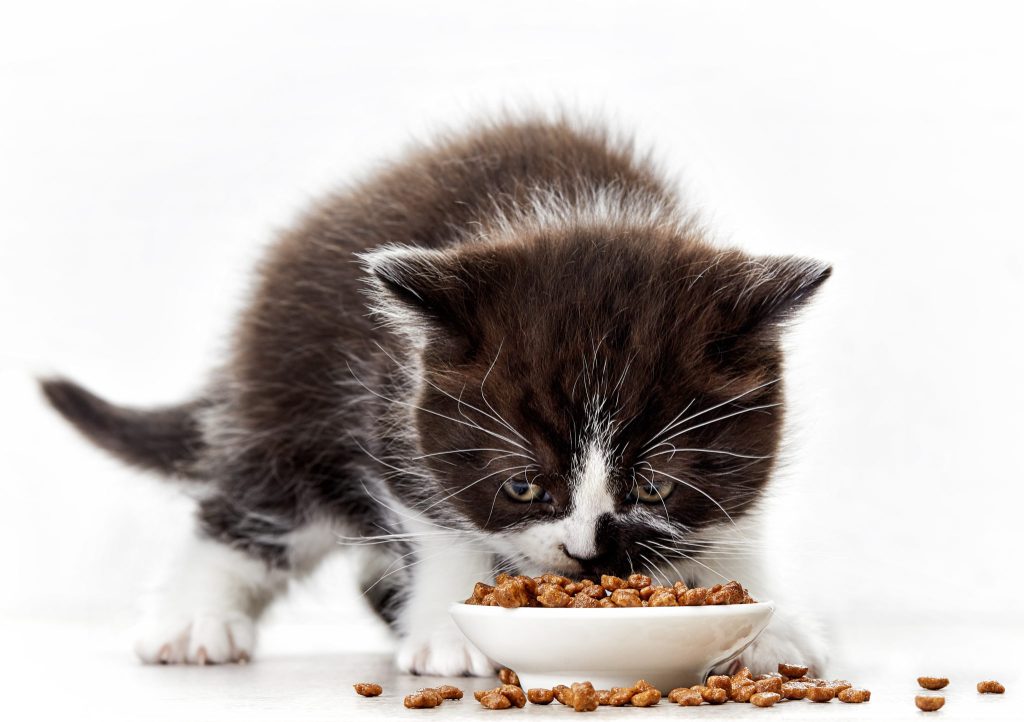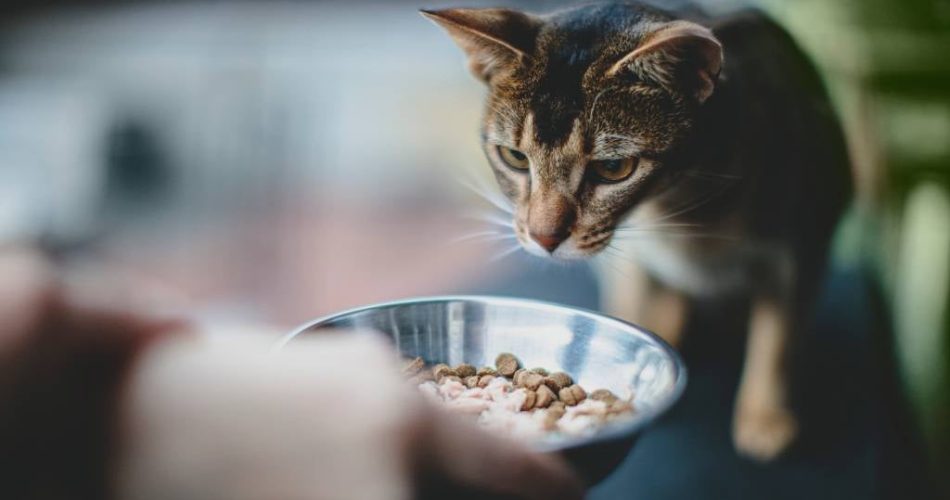Kittens grow rapidly during their first year of life, and providing them with the right nutrition is essential to support their development. A well-balanced diet lays the foundation for a healthy adult cat, ensuring they have the energy and nutrients needed to thrive. Understanding the specific dietary requirements of kittens will help you make informed decisions about what to feed your growing feline.
Why Kitten Nutrition Is Different
Kittens have unique nutritional needs compared to adult cats. Their small, growing bodies require higher levels of protein, fat, and certain vitamins and minerals to support their rapid growth and high activity levels. Additionally, their digestive systems are still developing, meaning they need easily digestible foods that provide concentrated energy.
The energy needs of kittens are significantly higher than those of adult cats. They require more calories per pound of body weight to fuel their play, growth, and exploration. This is why kitten-specific foods are formulated with a higher calorie and nutrient density.

Essential Nutrients for Kittens
Protein is the most critical nutrient for kittens. It supports muscle development, organ function, and overall growth. High-quality animal-based proteins, such as chicken, turkey, or fish, are ideal for meeting these needs. Healthy fats are a vital energy source for kittens. Fats also help with the absorption of fat-soluble vitamins (A, D, E, and K) and contribute to a shiny, healthy coat. Calcium and phosphorus are essential for strong bones and teeth. Other important nutrients include taurine, an amino acid vital for heart and eye health, and DHA, an omega-3 fatty acid that supports brain and vision development. Since cats naturally have a low thirst drive, providing wet food or ensuring they have access to fresh water is crucial for maintaining hydration.
Choosing the Right Kitten Food
When selecting a food for your kitten, look for products labeled specifically for kittens or “growth and development.” These foods are formulated to meet the nutritional standards set by the Association of American Feed Control Officials (AAFCO) for kittens. Always check the ingredient list and prioritize products with high-quality animal protein as the first ingredient.
Wet food and dry food both have their advantages. Wet food provides additional hydration and is often more palatable for kittens, while dry food is convenient and helps with dental health. A combination of both can provide variety and balance in their diet.
How Often to Feed Your Kitten
Kittens have small stomachs and high energy needs, so they benefit from frequent meals throughout the day. During the first few months, they may need four meals per day. By the time they are four to six months old, three meals per day are sufficient. After six months, you can transition to feeding them twice a day. As your kitten grows, monitor their weight and adjust portion sizes as needed. Overfeeding can lead to obesity, while underfeeding can hinder their growth.
Transitioning to Adult Cat Food
Most kittens can transition to adult cat food around their first birthday. However, larger breeds like Maine Coons may require kitten food for up to 18 months due to their extended growth period. When transitioning, gradually mix the new food with the old over seven to ten days to avoid digestive upset.

Foods to Avoid
Certain foods can be harmful or even toxic to kittens. Avoid feeding your kitten milk and dairy products, as many cats are lactose intolerant. Raw meat, fish, or eggs carry the risk of bacteria and nutrient deficiencies. Onions, garlic, and chives are toxic to cats, and chocolate, caffeine, and alcohol should never be given. Dog food lacks the nutrients cats need and is not a suitable alternative.
Consulting Your Veterinarian
Every kitten is unique, and their nutritional needs may vary based on their breed, size, and health status. Regular check-ups with your veterinarian can help ensure your kitten is growing properly and receiving the right nutrition. Your vet can also recommend specific foods or supplements if needed.
Final Thoughts
Providing your kitten with a well-balanced, nutrient-rich diet is one of the most important steps you can take to ensure they grow into a healthy and happy adult cat. By understanding their unique needs and choosing high-quality foods, you can set your growing feline on the path to a long, fulfilling life. If you ever have questions or concerns about your kitten’s diet, don’t hesitate to seek advice from your veterinarian.
